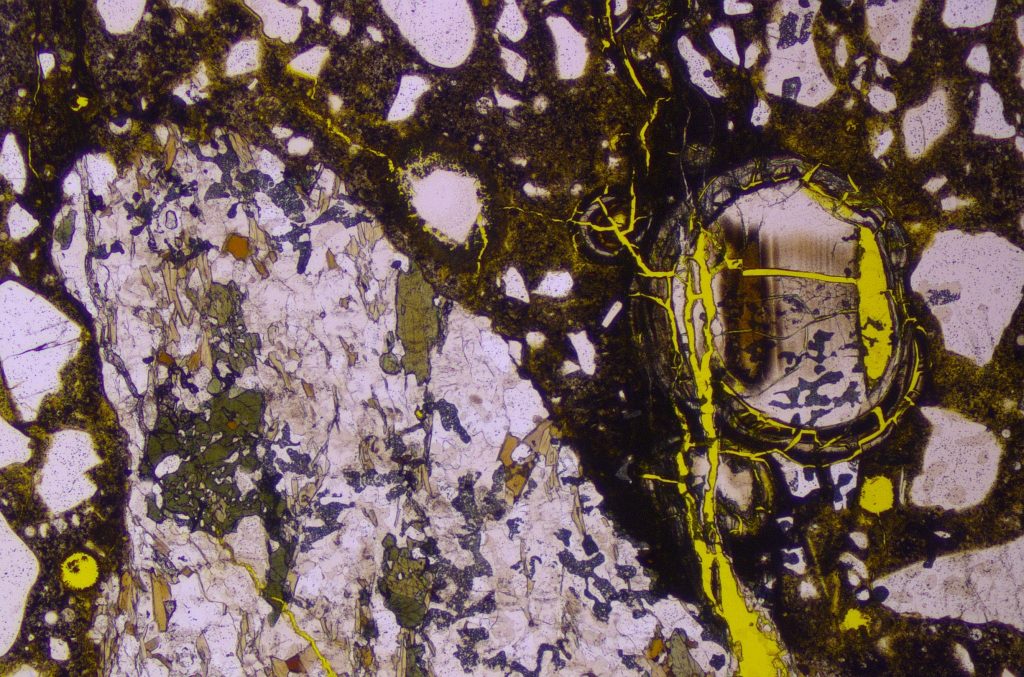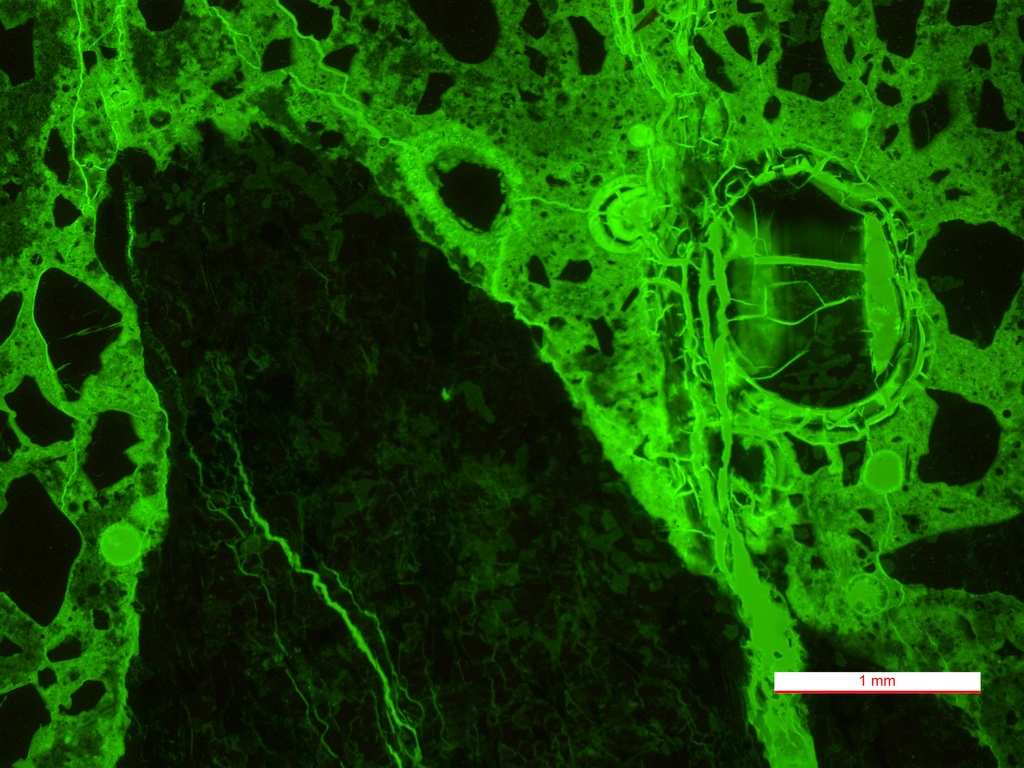Hi folks, we are under construction with the dig done and forms being built and just learned about the nightmare of ASR happening to many pools in the Austin area. We are using a pool builder out of Round Rock. They said their gunite is mixed with ash to prevent ASR and the pool shell is warrantied for the life of the pool or until we sell the house.
I've read several of the ASR threads and am trying to understand what exactly we should / can do before concrete and gunite to minimize our risk.
Feel free to redirect me, if this is already written up in an existing thread.
I've read several of the ASR threads and am trying to understand what exactly we should / can do before concrete and gunite to minimize our risk.
Feel free to redirect me, if this is already written up in an existing thread.
Last edited by a moderator:





